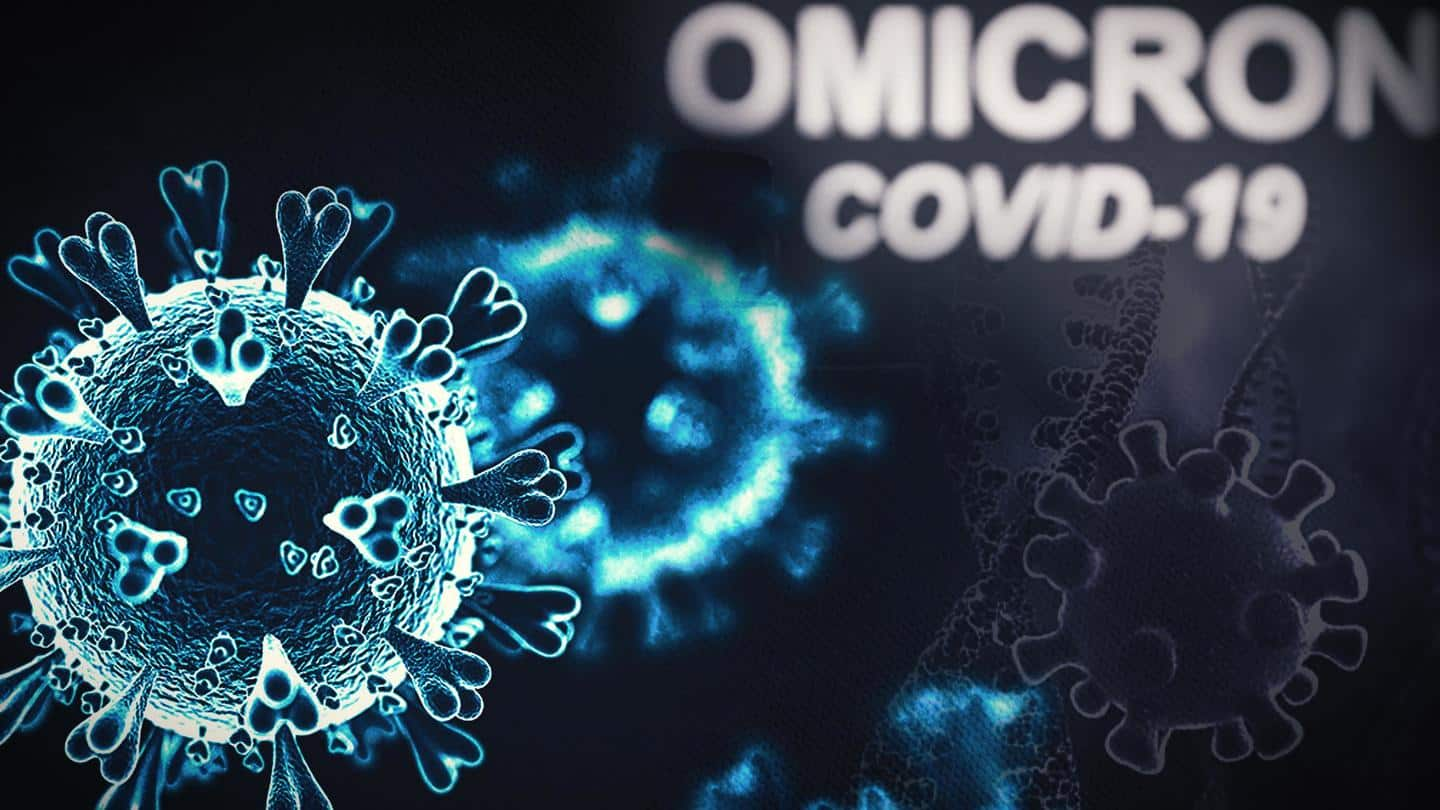
What makes the Omicron variant so transmissible?
What's the story
Omicron has been feared as highly transmissible.
And more and more studies are coming up to suggest that.
The new coronavirus variant was first detected in southern Africa where COVID-19 cases have multiplied in the recent weeks.
In fact, over 55 countries have reported Omicron infections in less than a month.
So what makes this strain so infectious? Find out here.
Context
How contagious is it?
The Omicron variant has been found as much as 4.2 times more transmissible than the Delta strain, according to a recent study by a top Japanese scientist.
The scientist analyzed genome data from South African patients to arrive at the findings.
However, the study has not been peer-reviewed and published in a scientific journal as yet.
Mutations
Dozens of mutations
Omicron is the most heavily mutated version of the coronavirus SARS-CoV-2 discovered so far.
It has some 50 mutations, including over 30 in the spike protein alone.
The large number of mutations may mean it could be better at evading immune protection generated from prior infection or vaccination.
That, in turn, could make it more infectious.
Details
Mild symptoms
Initial data suggests Omicron causes milder illness compared to other variants like Delta.
This may lead to patients skipping testing and infecting others.
"Most of the patients have mild to no symptoms when diagnosed with Omicron in these countries. This makes the variant stealth, since people do not realize they are carrying it and keep infecting others," Delhi-based Dr. Alok Kumar Agarwal told IndiaToday.
Reason
Higher laxity
Experts say behavioral fatigue has set in toward COVID-19 safety protocols after months of restrictions due to the pandemic.
"COVID-19 fatigue is a major reason why we are seeing an increasing number of cases again and are talking about a new wave of the coronavirus. In India itself, we saw people becoming more and more normal," Dr. Agarwal said.
Other details
What else do we know?
Omicron has been reported in 57 countries, according to the World Health Organization (WHO).
In India, there are 32 cases of the strain and all the patients have mild symptoms.
The variant has not been linked to severe disease or death yet.
Meanwhile, scientists around the world are racing to determine how well existing COVID-19 vaccines and treatments hold up against Omicron.